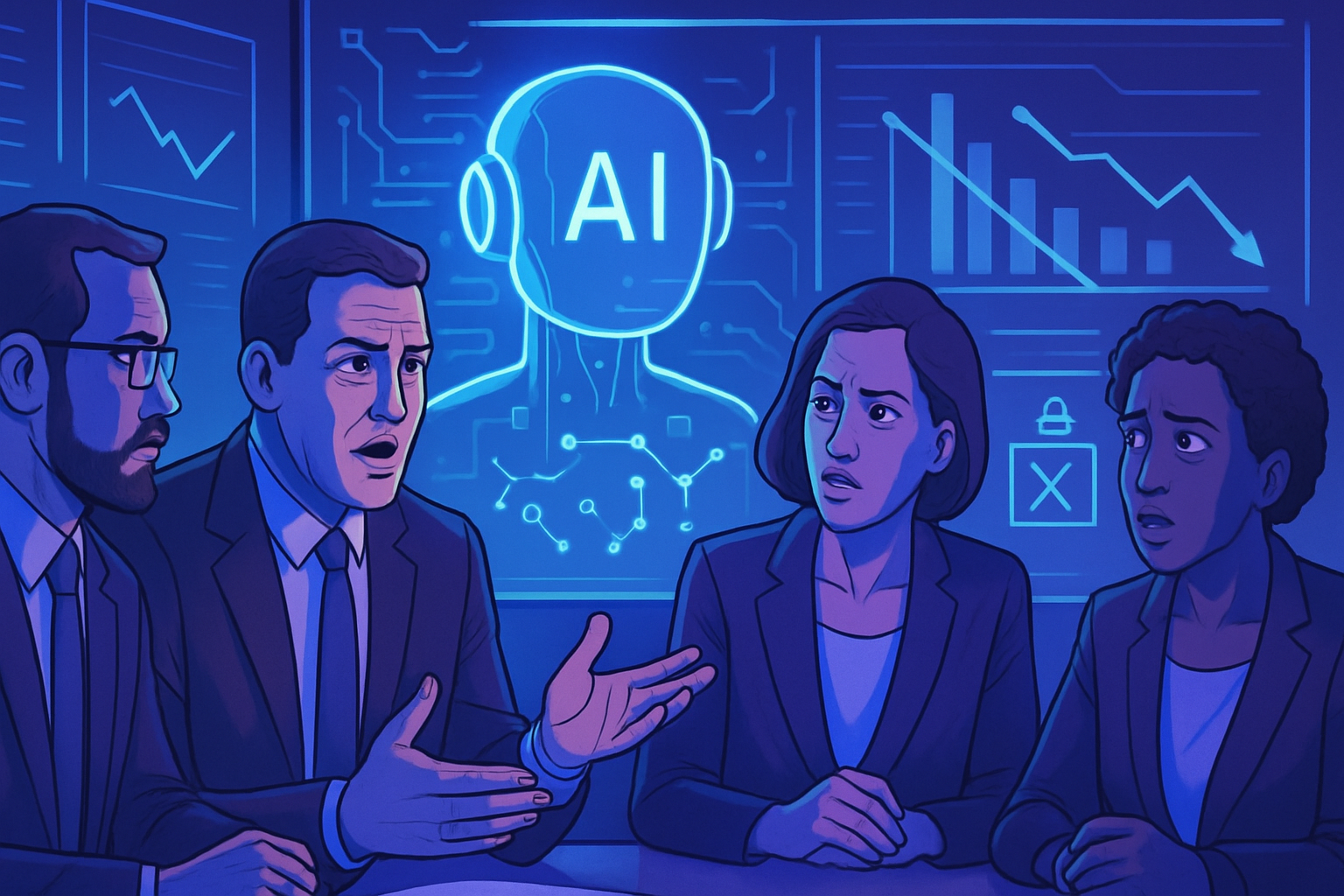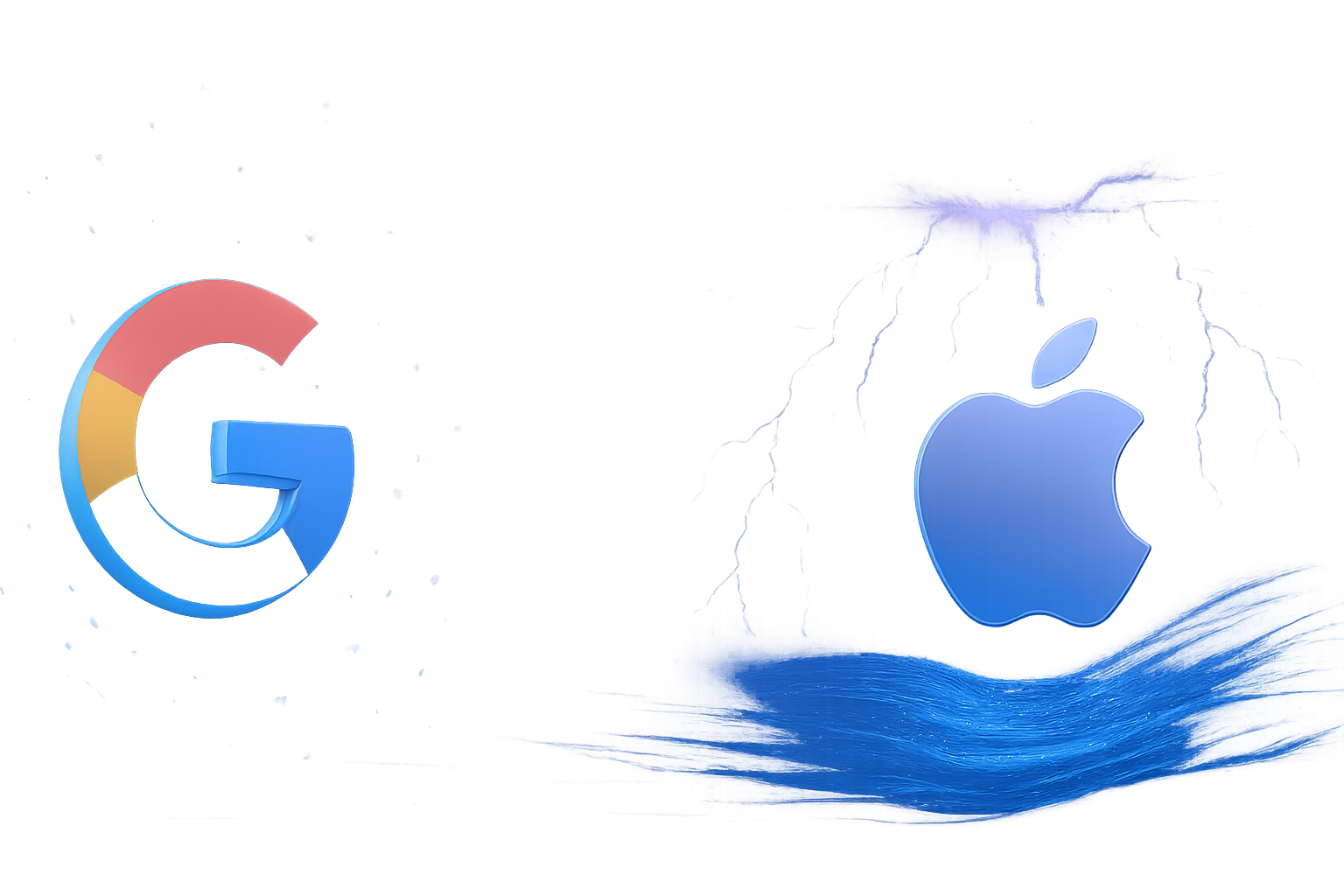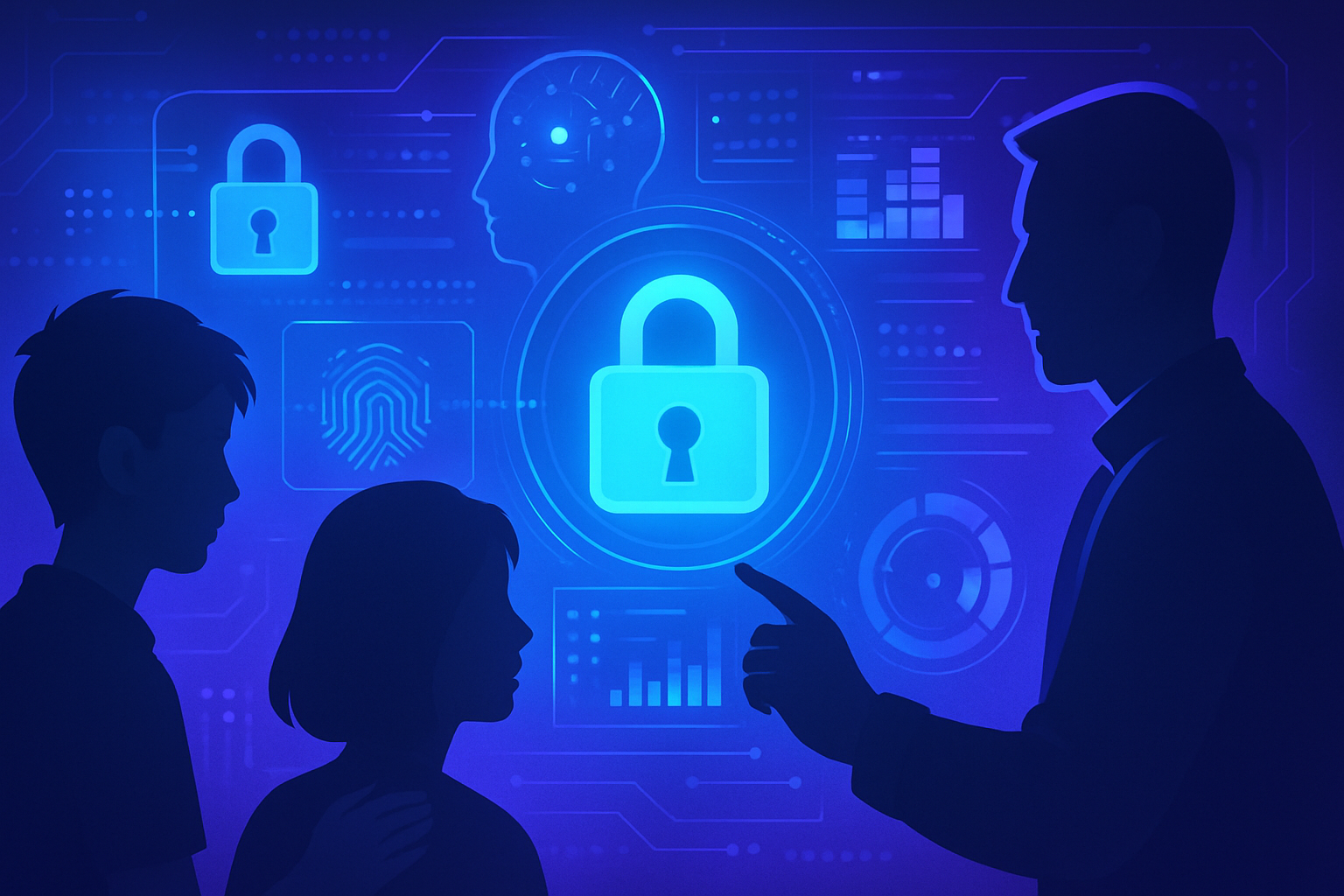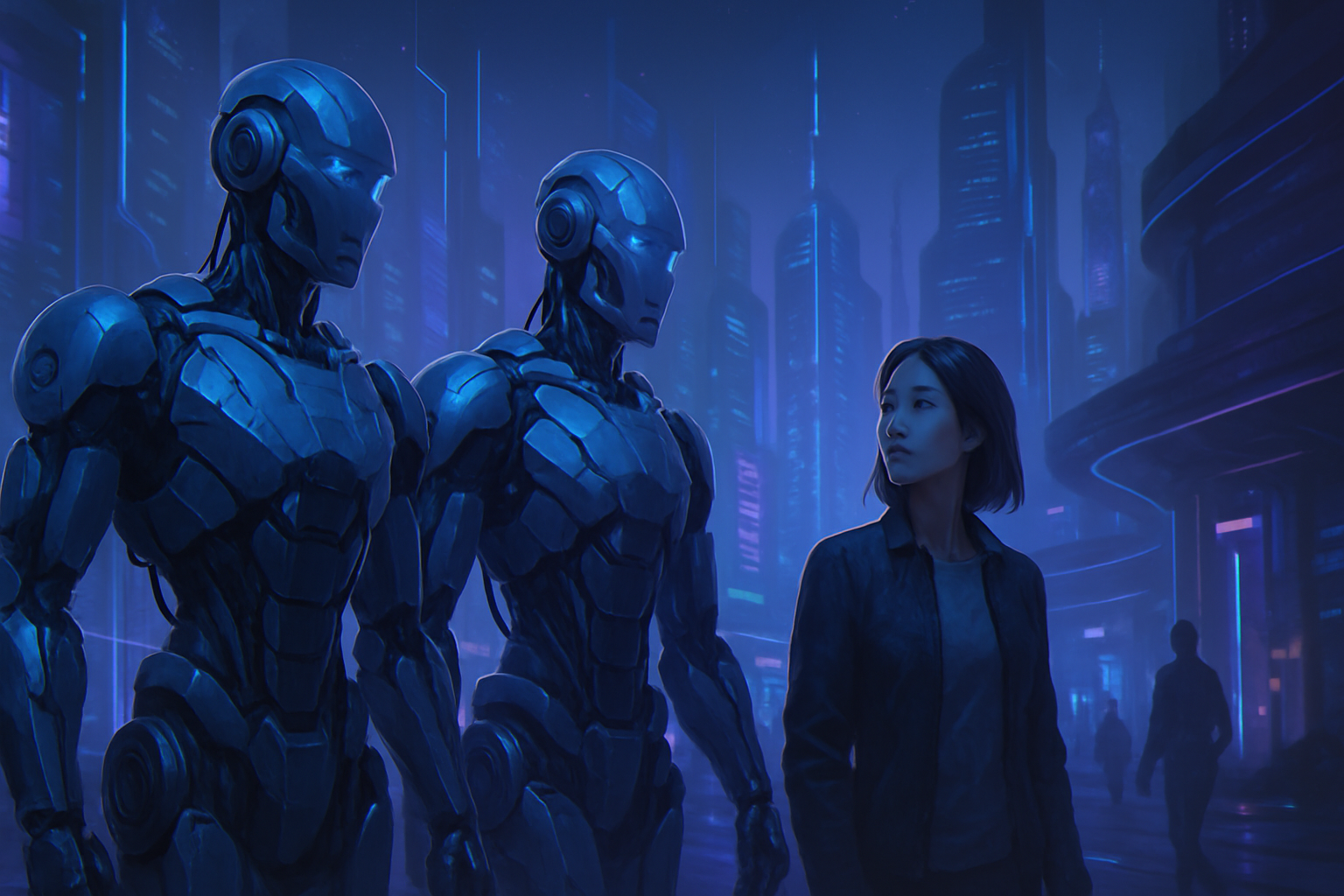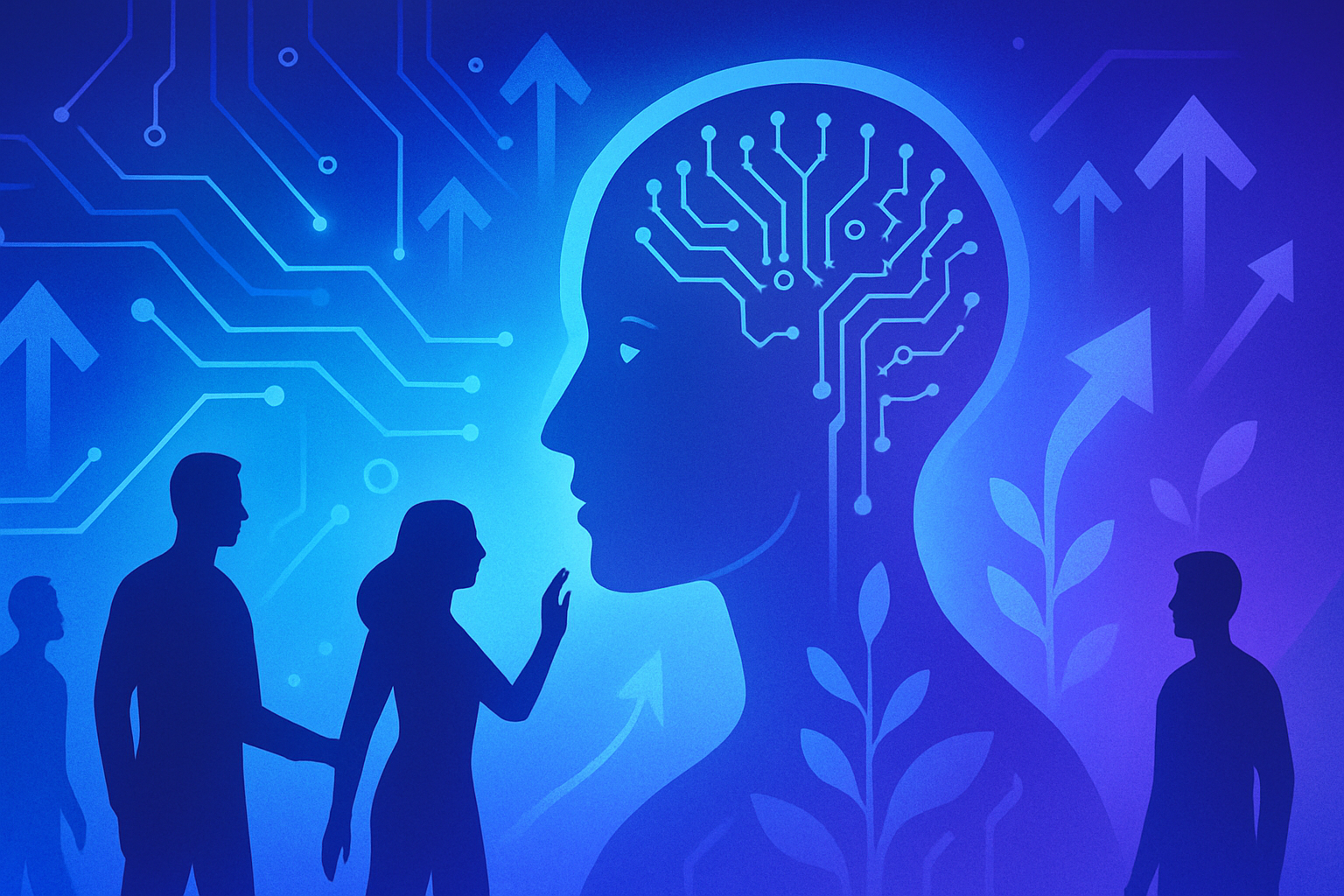Concerns about the impact of artificial intelligence on the workforce are intensifying. Many business leaders are beginning to openly express their fears regarding the potential elimination of thousands of jobs. The atmosphere is changing, revealing a growing determination to adapt to radical changes in work processes. The emergence of AI is prompting strategic leaders to consider a reorganization of roles and responsibilities. The promise of unprecedented automation is generating passionate debates about the future of office professions. A true *awakening* is happening within companies, inviting every sector to question its sustainability.
A growing vocalization around AI
Business leaders are speaking more freely about the consequences of artificial intelligence on office jobs. A recent analysis by The Wall Street Journal shows a change in tone among leaders such as Jim Farley, CEO of Ford. He predicts that about half of the white-collar workers in the United States could be replaced by AI.
Alarming forecasts from the sector
This shift in perspective is accompanied by a palpable concern within companies. Leaders at JP Morgan, Amazon, Anthropic, and Shopify share similar worries about inevitable workforce reductions. The rapid evolution of AI tools has prompted this community to consider consolidating roles and reassessing the structure of their teams.
Varied reactions from executives
The company Fiverr, through its CEO Micha Kaufman, describes this trend as a genuine wake-up call for professionals. Tech companies are changing their hiring plans, while other teams are being assigned new projects without the possibility of staff expansion. Divergent opinions among executives remain, particularly regarding the timeline and magnitude of job losses.
Contrasting viewpoints
Brad Lightcap, COO of OpenAI, downplays fears regarding massive job losses in the short term. Others, such as leaders from IBM and AT&T, point out that AI might displace rather than eliminate positions. This dynamic raises essential questions about the future of the workforce and the skills required.
Sectoral impacts and technological evolutions
The implications of this transformation touch on various sectors. The field of surveillance sees the use of AI, as evidenced by the increase in facial recognition. Other innovations, such as audio summaries generated by AI that Google is experimenting with, also raise concerns about the future of media. At the same time, advancements such as revolutionary paint formulas for refreshing buildings demonstrate the positive potential of AI.
Platform responsibility
Companies must also face responsibility regarding the use of AI. With the emergence of autonomous technologies on platforms, such as Reddit bots, governance and regulation become paramount. Ensuring ethical use of AI tools proves to be a major challenge for business leaders.
Questions & Answers about the impact of AI on jobs
What is the potential impact of AI on office jobs?
Many leaders, like the CEO of Ford, predict that AI could replace up to half of the office jobs in the United States, leading to staff reductions and consolidations.
Do business leaders believe that AI could reduce the workforce?
Yes, leaders from major companies such as JPMorgan and Amazon express concerns about workforce reductions as AI tools develop.
Do all executives agree on the severity of the impact of AI on employment?
No, not all executives agree on the severity and speed of AI’s impact. Some, like the COO of OpenAI, downplay the risk of large-scale job losses in the short term.
What measures are businesses taking in light of the rise of AI?
Some companies are revising their hiring plans, while others ask their teams to take on new projects without hiring additional staff.
Will job losses due to AI affect all sectors?
Concerns about job losses related to AI impact almost every sector, prompting professionals across various fields to worry about their futures.
Will AI only replace jobs or will it transform some roles?
Some experts, such as leaders from IBM and AT&T, indicate that AI might transform existing jobs rather than entirely eliminate them.
How can professionals prepare for the changes brought by AI?
It is advised that professionals stay informed about technological trends and develop new skills to adapt to changes driven by AI.
Why do some companies view the rise of AI as a call to vigilance?
Leaders such as the CEO of Fiverr describe the rapid evolution of AI as a “wake-up call” for professionals, signaling that proactive adaptation is necessary in a changing work environment.
